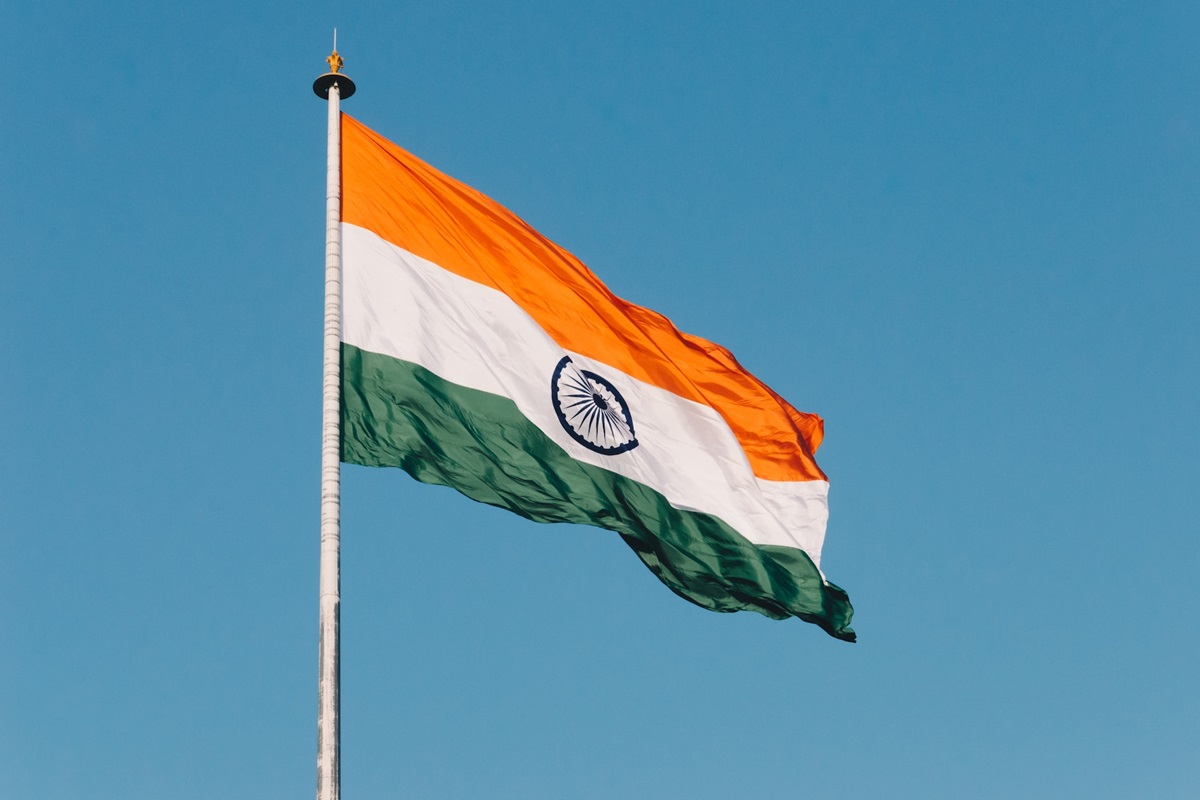Goldman Sachs Group Inc. expects that the Indian business sector will increase investment volumes.

Also, analysts of the mentioned financial institution estimate as likely the prospect of a decision by the central bank of the specified South Asian country to reduce interest rates. Experts believe that after the elections next year, the inflation rate in India will remain high.
Economist Santanu Sengupta on Monday, November 20, during the publication of the India Outlook report, said that the macroeconomic situation in this country will be stable, at the same time, according to him, the state of affairs will not be absolutely homogeneous and monolithic. The expert believes that government spending during the pre-election race is likely to become the main driver of economic growth. He also predicts that after the end of the elections, the intensification of the process of increasing investment volumes will be recorded. According to the expert, the private sector of the economy will demonstrate special activity in this case.
Santanu Sengupta says that the increase in the rate of investment by private companies can significantly apply to the spheres of real estate and construction. In his opinion, if this trend is realized, it will be followed by manufacturing firms that have last time reducing their debt.
If there is an activation in the space of the private segment of the Indian economic system, it will be a kind of signal of a successful future for the country as a whole. In this case, it is impossible to exclude the influence of various force majeure circumstances and the risk of the situation developing in an unfavorable scenario. But still, the probability of intensive growth of the Indian economy is high, and the specified potential threats can be described as a kind of unspoken philosophical laws of being, which urge not to exclude the violation of even the most guaranteed plan in terms of the possibility of implementing.
Currently, India’s economic system is rated by experts as one of the most dynamically developing in the world. Over the past few years, government spending and a high level of consumer activity in this country have stimulated economic growth. Nowadays, India’s economic system is the third largest in Asia.
Data from the Ministry of Statistics of the South Asian country indicate that in the period from April to June of this year, the share of private investment in the state’s GDP was fixed at 29.3%. In July-September 2011, this figure was 35.6%.
Experts expect that the growth of the Indian economy will be stable next year. In their opinion, this figure will be 6.3%. By the end of this year, India’s economic growth is expected to reach 6.4%.
At the same time, many experts say that a high level of inflation can become a barrier for the country’s central bank when deciding on an intensive reduction in interest rates. The scope of the relevant actions of the financial regulator will be limited because repeated supply shocks may contribute to the fact that the indicators of the inflationary process next year will be at the level of 5.1%. Santanu Sengupta shared these considerations on Monday. It should be mentioned that the inflation target set by the Reserve Bank of India is 4%.
Goldman Sachs expects that in the fourth quarter of next year and the first quarter of 2025, the central bank of the South Asian state will reduce the cost of borrowing by 25 basis points. Other analysts forecast that the financial regulator will decrease rates by 50 basis points in July-September 2024.
Santanu Sengupta says that a higher level of inflation may become a hindrance on the path of monetary management to deeper cuts. In his opinion, the RBI is likely to reduce the cost of borrowing by improving the liquidity of the banking system.
As we have reported earlier, Confidence in India’s Economy Grows.









